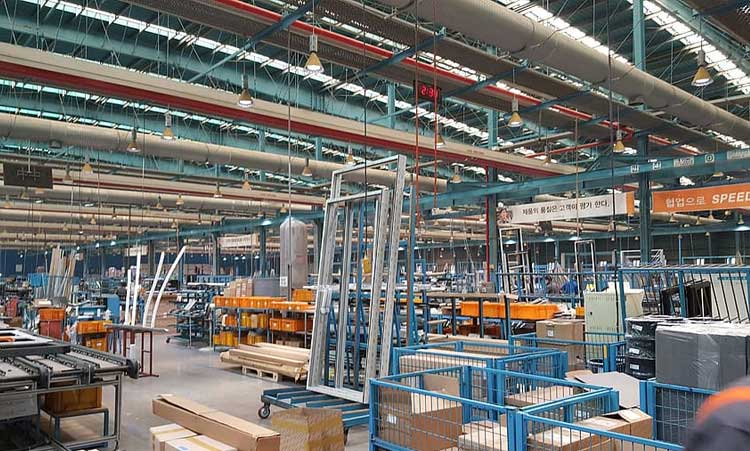For the past several decades, the Indian cold storage infrastructure has struggled with challenges related to the fragmented nature of the segment, the disruption in demand and supply, the lack of skilled manpower, among many other factors.
However, in 2020-21, the cold storage infrastructure has been burdened with the imperative of managing, storing, and distributing COVID-19 vaccines. The sensitive nature of these vaccines with specific temperature regulations and lifespan, the sudden increase in storage volume, and the urgency of distribution led to unprecedented segment challenges.
Although procurement, storage, and fast distribution were managed with a collaborative effort of all the logistics infrastructure (including road, rail, and air), the segment faced the issue of ensuring that the vaccines reached the last mile of health units. The segment also needed to ensure that the vaccines were distributed in a temperature-controlled environment, which further required the availability of temperature-controlled containers. The availability of a trained workforce to handle the time-sensitive project, who could ensure minimal wastage, also highlighted the issues within the sector.
As per rough estimates, less than 5% of the total produce in India is liable for cold storage, which is an insignificant number compared to the global standards. Moreover, some rough estimates suggest that more than 20% of the food items (mainly fruits and vegetables) are wasted due to a lack of cold storage facilities, indicating the challenge of low holding capacity and low numbers of facilities. While the segment portrays various challenges, stakeholders need to be cautious about the threats and financial burdens of the cold storage segment, which requires thorough market research. However, given the low penetration of the segment, there could also be vast business opportunities for companies.





